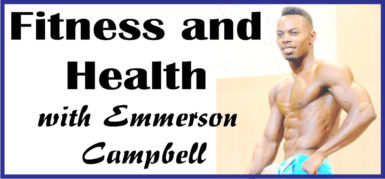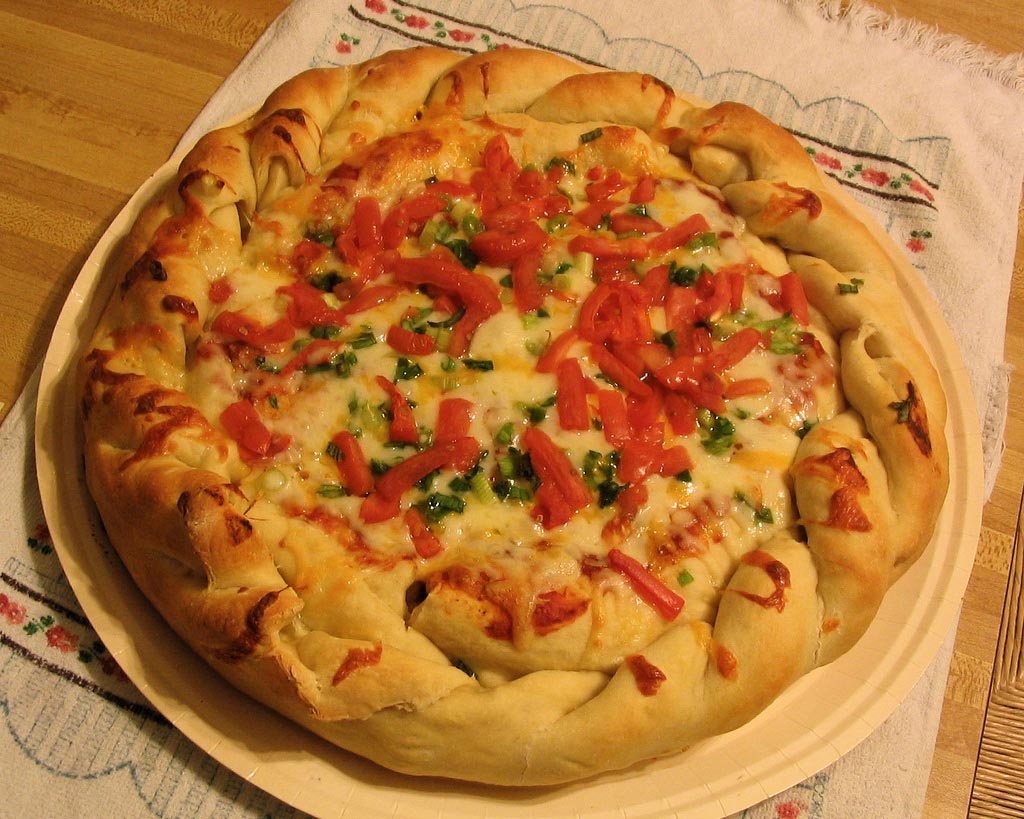Eating healthy doesn’t necessarily translate to weight loss
A common complaint I hear: “But I’ve been eating healthier these past few weeks, all organic, natural foods and I can’t seem to lose weight. What am I doing wrong?” So why aren’t you reaching your goals despite eating healthy? It’s simple: calories in and calorie out.
 The truth is, whether you are trying to gain weight or lose it, it’s a game of calories. Many will argue it’s not, that you can actually lose weight while keeping a high caloric daily intake, however this is only true if your energy activity level for the day is higher than what you are storing daily. So at the end, you are still consuming less calories than what your body is using. That’s the simple truth; it’s not rocket science. If you want to lose weight/body fat you must consume less calories than what your body is using in a day and if you want to gain weight and put on muscle you must have a surplus of calories for your body to build upon. Perhaps you should re-read that last sentence again.
The truth is, whether you are trying to gain weight or lose it, it’s a game of calories. Many will argue it’s not, that you can actually lose weight while keeping a high caloric daily intake, however this is only true if your energy activity level for the day is higher than what you are storing daily. So at the end, you are still consuming less calories than what your body is using. That’s the simple truth; it’s not rocket science. If you want to lose weight/body fat you must consume less calories than what your body is using in a day and if you want to gain weight and put on muscle you must have a surplus of calories for your body to build upon. Perhaps you should re-read that last sentence again.
So why is eating healthier still not helping you achieve your goals of weight loss? Truth is many healthy foods are still calorie packed, they carry high amounts of calories. For instance, almonds or seeds which are healthy for you as they contain good amounts of Omegas are still 9kcal per gramme. All fats are higher calories per gramme, whether they are good or bad fats. Another great example is quinoa. It’s a superb healthy food choice but one cup cooked has roughly 222 calories coming from 39g of carbs, 8g of protein and 4g of fat. I mean it’s an amazing food to include but most people don’t stop at 1 cup, they easily serve themselves 2 cups as 1 cup doesn’t look like much. At the end of the day making food selections that are healthy for you aren’t necessarily going to help you achieve the body you are looking for.
How do we combine the best of both worlds? Obviously, we don’t want you to lose weight in an unhealthy manner. The key to all of this is portion control and knowing your caloric intake for the day. And it’s not just enough to know how many calories you need, but where they come from. If you are a 200-pound male trying to lose weight you surely want to keep at least a minimum of 160g of protein in your daily intake. That’s .8g of protein per your bodyweight. Going lower than that might hinder your lean muscle mass weight and when it comes to body composition you aren’t trying to lose lean muscle, just fat. So it’s crucial you know how many calories you need and how to break them into your three macros. If you don’t know how to do to this then here’s a simple generic way to know the basics.
Protein: consume a minimum of .8g of protein per lbs of weight
Fats: Consume 20% of your daily caloric intake from healthy fats
Carbs: After you’ve figured out how many calories you have left, then add them in the forms of complex carbs and veggies. Even further, consume most of your carbs before and after your exercise plan.
Obviously, you want to lose weight in a healthy manner, so make sure you include foods high in sources of minerals and vitamins in your food. I also highly encourage that you find a good multivitamin. So, there it is, very simple, if you are trying to lose weight don’t go believing that organic or natural are better for your goals, they might still carry the same if not more calories than the ‘regular’ version of what you are eating. Eating healthy is crucial but knowing how to eat for your goals is more important.






